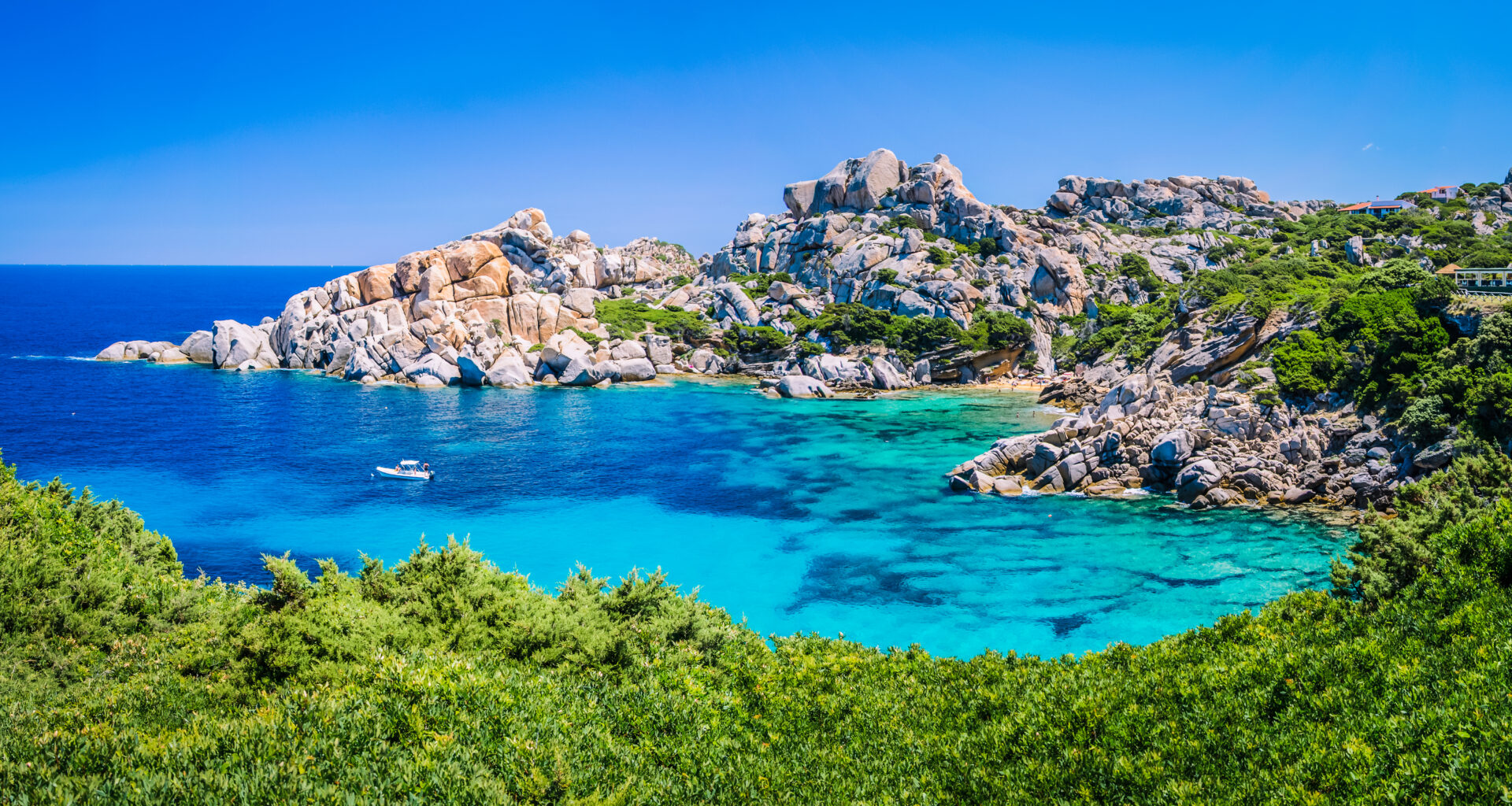
In our quest for a longer and healthier life, we often seek the latest fad diets, exercise trends, and medical breakthroughs. However, some of the world’s healthiest and longest-living populations hold their secrets in unassuming corners called “Blue Zones.” These Blue Zones are regions where people consistently live remarkably longer, healthier, and happier lives than the global average. In this blog, we will dive into the fascinating phenomenon of Blue Zones and explore the lifestyle factors that contribute to their exceptional longevity.
What are Blue Zones?
Blue Zones are specific geographic regions with unusually high concentrations of centenarians, individuals who have surpassed the age of 100. These extraordinary areas have been studied by researchers and demographers to understand the factors that contribute to the longevity of their inhabitants. As of my last knowledge update in September 2021, the five main Blue Zones are:
Ikaria, Greece
Okinawa, Japan
Ogliastra, Sardinia, Italy
Nicoya Peninsula, Costa Rica
Loma Linda, California, USA
Factors Contributing to Longevity in Blue Zones
Diet: One of the key factors in the Blue Zones’ longevity is their traditional diet, which is predominantly plant-based. Their diets consist of vegetables, fruits, legumes, whole grains, nuts, and seeds, providing essential nutrients and antioxidants that promote overall health.
Physical Activity: The inhabitants of Blue Zones engage in regular, low-intensity physical activities as part of their daily routines. They walk, garden, and perform manual tasks, keeping them consistently active without excessive strain.
Sense of Community: Social engagement and strong family bonds play a vital role in the lives of Blue Zone residents. They have a deep sense of belonging and support from their communities, which reduces stress and promotes mental well-being.
Stress Reduction: Managing stress is crucial for longevity, and the Blue Zones emphasize relaxation techniques such as meditation, napping, and spending time in nature to reduce stress levels.
Purposeful Living: Blue Zone inhabitants often lead lives with a strong sense of purpose. They have a reason to wake up in the morning, be it taking care of family, contributing to their community, or pursuing hobbies.
Moderate Alcohol Consumption: Some Blue Zone communities enjoy alcohol in moderation, particularly red wine, which may offer certain health benefits when consumed responsibly.
Limited Meat Consumption: While some Blue Zones include small amounts of animal products in their diets, overall, they consume meat sparingly and focus more on plant-based foods.
Lessons from Blue Zones for the Rest of the World
The Blue Zones offer valuable lessons for individuals and societies seeking to improve health and extend lifespans:
Embrace a Plant-Based Diet: Consider incorporating more fruits, vegetables, and whole grains into your meals while reducing processed and red meat consumption.
Stay Active: Engage in regular, moderate physical activities that you enjoy to stay active throughout your life.
Nurture Social Connections: Foster strong relationships with family and friends, participate in social activities, and build a sense of community.
Manage Stress: Prioritize stress management through mindfulness practices, relaxation techniques, and spending time in nature.
Find Purpose: Discover and pursue activities that bring meaning and fulfillment to your life, giving you a sense of purpose.
The Blue Zones of the world are living laboratories of longevity, providing us with valuable insights into what it takes to lead long, healthy, and meaningful lives. While their cultures and lifestyles may differ, the core principles they follow—plant-based diets, regular physical activity, strong social ties, stress reduction, and a sense of purpose—are common threads that we can all learn from and adapt to our own lives. By incorporating these principles into our daily routines, we can strive to improve our well-being and potentially unlock the secrets to a longer and happier life.











